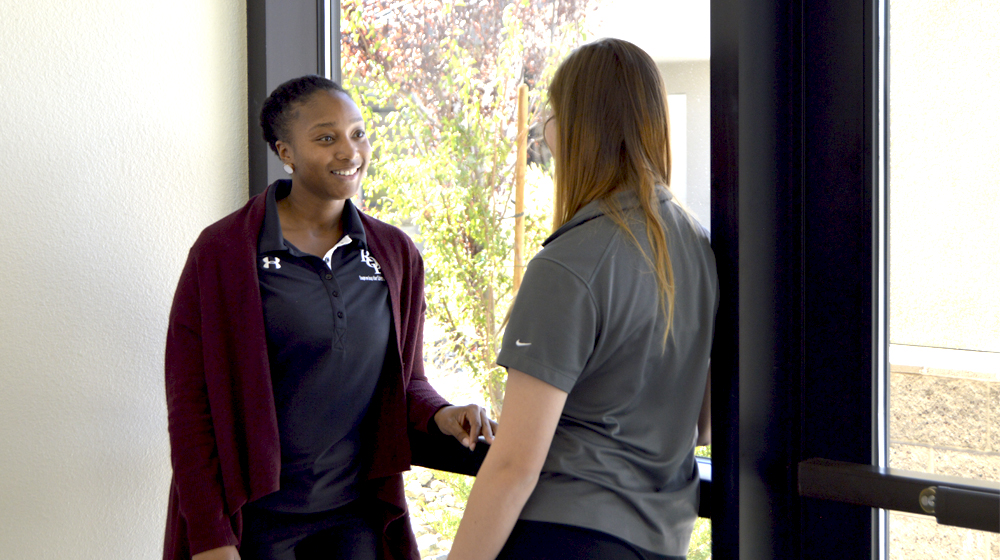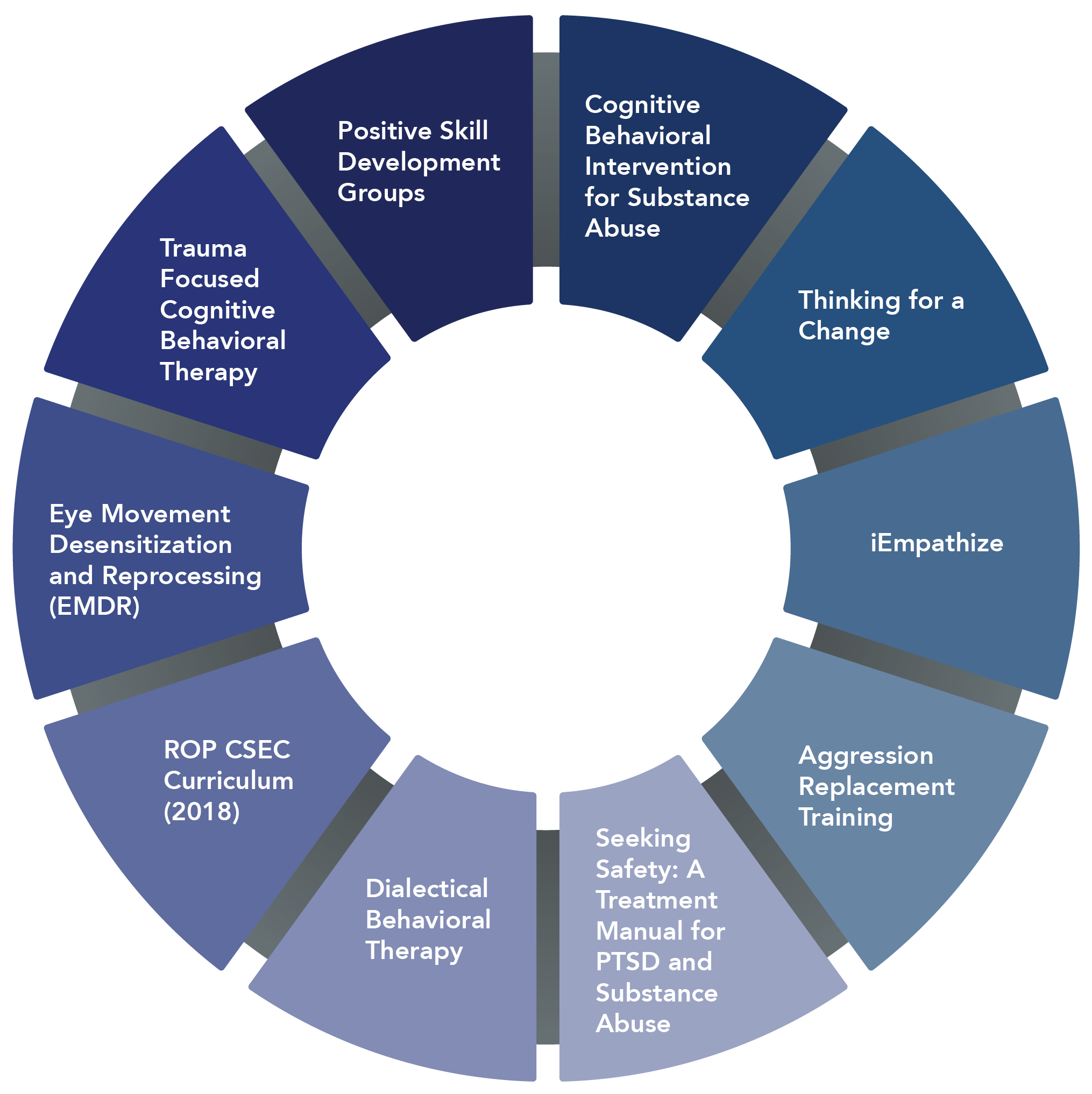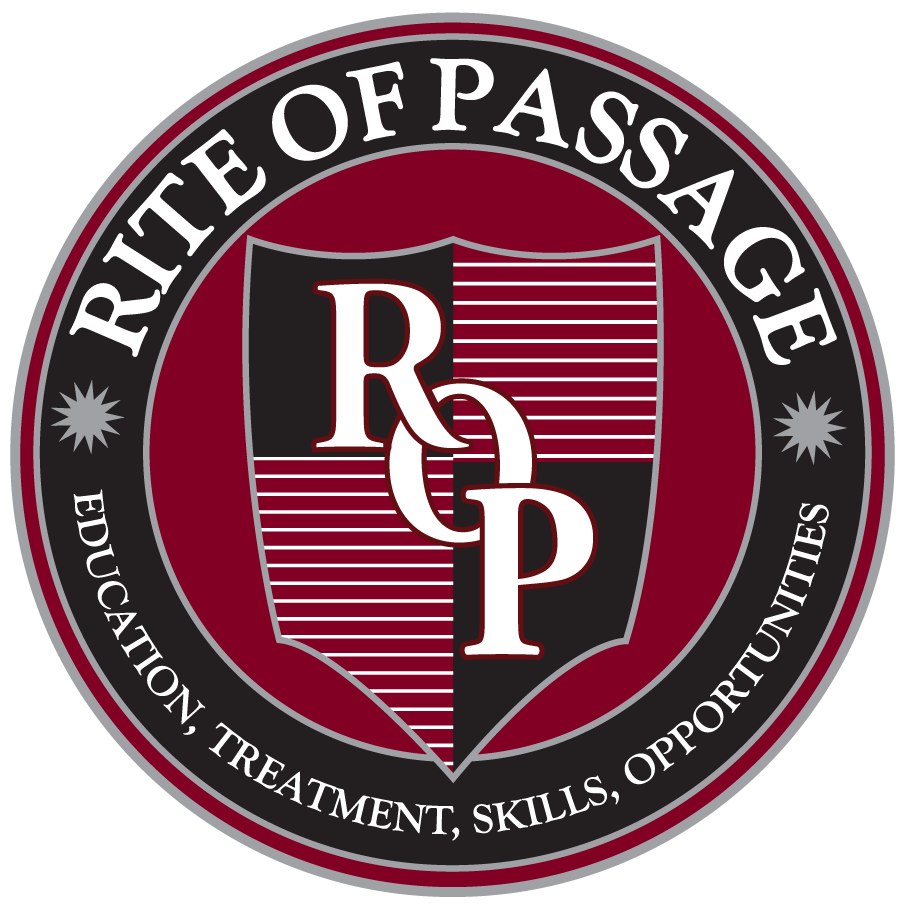Therapeutic Services
The Right Services at the Right Time
Sierra Sage Treatment Center values delivering the right services to California and Nevada’s youth at the right time. Our clinical services address student risks and needs, providing the necessary support and connections which enable our students to return home successfully. Assessments calibrate services to each student so treatment plans are individualized, based on student need. Individualized Treatment Plans structure service delivery, and offer numerous occasions for healing and positive change.

Treatment Services
Treatment services will be provided within a strengths-based, cognitive-behavioral and trauma-responsive environment by qualified clinical staff and guided by evidence-based principles.
Treatment Groups are delivered by highly qualified clinical staff and include Aggression Replacement Training (ART). Sierra Sage’s Clinical Services offers a selection of nine evidence-based individual and group therapies which are provided as prescribed on a student’s individualized treatment plan. For more information about Treatment and Clinical Services, contact [email protected]

Trauma Focused Cognitive Behavioral Therapy is an evidence-based framework for individual therapy which is evidence based for survivors of sexual abuse. TF-CBT effectively addresses post-traumatic stress disorder (PTSD) and many other trauma impacts, including affective symptoms (e.g., depressive, anxiety), cognitive distortions and behavioral problems.
Eye Movement Desensitization and Reprocessing (EMDR) – EMDR is a unique, nontraditional form of psychotherapy designed to diminish negative feelings associated with memories of traumatic events.
ROP CSEC Curriculum (2018) is a psychoeducational processing group led by a qualified and licensed therapist to assist youth in learning more about CSEC and identifying their own treatment needs.
Dialectical Behavioral Therapy is for adolescents who have difficulty managing emotions or who display self-harm or suicidal ideation (Linehan 1993).
Seeking Safety: A Treatment Manual for PTSD and Substance Abuse, 1st Edition (Najavits 2002), is an integrative treatment approach developed for youth presenting with traumatic stress and/or substance use disorders.
Aggression Replacement Training, 3rd Edition (Glick & Gibbs, 2010) curricula includes: Social Skills Training, Anger Control Training and Moral Reasoning. OJJDP and research (Landenberger and Lipsey, 2005) conclude ART curriculum is correlated to a reduction in recidivism.
iEmpathize – is a five-session introduction to CSEC. The iEmpathize content addresses issues of child exploitation without sensationalizing the concepts.
Thinking for a Change (Bush, Glick and Taymans 2011) is cognitive-behavioral group that identifies cognitive distortions/thinking errors and increases pro-social, attitudes and beliefs among participants.
Cognitive Behavioral Intervention for Substance Abuse (University of Cincinnati, 2012). This curriculum follows current research and best practices in substance abuse programming and is de-signed for adolescents that are moderate to high need in the area of substance abuse.
Positive Skill Development Groups target social and thinking skills. Youth are guided through learning activities in which they rehearse, practice and role-play skills. Discussion on skill application reinforces the new knowledge.
Family Services
Sierra Sage is committed to delivering resources and proven practices to promote successful family integration. Our family services include:
Family Involvement. Families are invited to visit the Sierra Sage campus to participate in games, interactive activities and partake in special meals to promote positive interaction. Where distance or other barriers exist, we assist families to participate in treatment by providing video conferencing, transportation and phone cards.
Family Therapy. Family therapy is offered by licensed therapists who facilitate psycho-educational sessions.
Family Support. Sierra Sage provides regular opportunities for families to participate in special events. Through parent-teacher conferences, Career Fairs, graduations, and I-ACHIEVE™ ceremonies, we enable families to participate in the youth’s academic and professional growth. Athletic games, holiday events and family fun activities promote engagement. We welcome family inclusion for community service projects and spiritual celebrations to strengthen familial connections.

Transition Services
Each student’s Transition Plan is individually prescribed to support students in leading productive and successful lives upon returning to the community. To access services and community supports, Sierra Sage staff assist with logistics (e.g., transportation, phone calls, scheduling) while teaching self-sufficiency, self-advocacy and assisting youth and families with:
Education – contacting school district, trade school or college to provide transfer of credits, college preparation, and financial aid application assistance.
Family/relational supports – transitioning to community family therapist, peer support groups and other positive adult supports.
Employment needs – generating resumes, conducting job searches, and applying for WIA grants for education and training.
Mental health/substance abuse – registering with community mental health centers, providing documentation and medication follow-up, and outpatient programs.
Recreational activities – locating gyms, local recreation centers, and transferring recreational activities learned at Sierra Sage into their home communities.
Spiritual/cultural support system – locating churches, clubs and cultural events/activities.
Medical needs – connecting with outpatient medical services for continued health/wellness.
